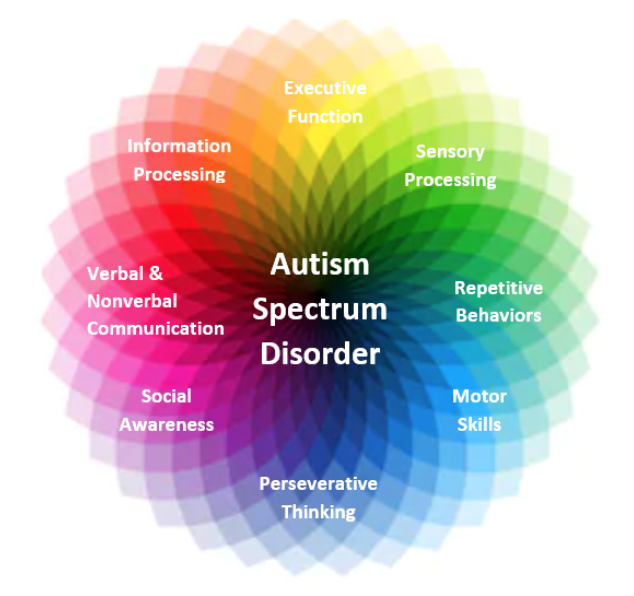Autistic patients at higher risk of specific dental problems – Experts
Patients with a diagnosis of Autism Spectrum Disorder (ASD) may be at higher risk for some specific dental problems depending on the severity of the manifestations of their symptoms, a Special Care Dentist, specializing in oral and maxillofacial surgery at Meharry Medical College, USA, Dr Ade Awe, has said. He stated this at the just […]

Patients with a diagnosis of Autism Spectrum Disorder (ASD) may be at higher risk for some specific dental problems depending on the severity of the manifestations of their symptoms, a Special Care Dentist, specializing in oral and maxillofacial surgery at Meharry Medical College, USA, Dr Ade Awe, has said.
He stated this at the just concluded 12th Annual Autism Conference organised by Guarantee Trust Holding Company Plc (GTCO) in Lagos.
- Ignorance, food restrictions and taboos fueling malnutrition in Nigeria – FG
- NIGERIA DAILY: Are We Still Our Brothers’ Keepers?
According to WebMD, Autism, also called Autism Spectrum Disorder (ASD), is a complicated condition that includes problems with communication and behaviour. It can involve a wide range of symptoms and skills.
People with autism have trouble with communication, and understanding what other people think and feel, which makes it hard for them to express themselves, either with words or through gestures, facial expressions and touch. They have problems with learning as their skills might develop unevenly.
Dr Awe noted that they may be at higher risk than typical patients due to a variety of factors such as behavioural difficulties that make oral hygiene at home difficult and a poor diet higher in fermentable carbohydrates and sugars.
The expert said some common oral problems dentists may encounter include bruxism, non-nutritive chewing, tongue thrusting, self-injury, erosion, and dry mouth among others.
He said efforts, should be made to keep consistent continuity of care with the patients.
“Research has further shown that patients co-operated better overall if the caregiver was allowed to stay in the operatory with them. Individuals with ASD diagnosis often respond well to advanced preparation or pre-teaching. As such, helping an individual with ASD know what to expect during a dental visit and being clear about the sequence of events which will occur can be very helpful.
“For individuals with limited language, the dentists will typically use pictures or objects to help explain what will occur. Use simple language. Some individuals will benefit from practising certain aspects of a procedure before experiencing them in a dental office.
“Desensitization techniques and a gradual approach to learning to tolerate dental procedures may be necessary,” he said.
The President and CEO of Behaviorprise College of Business and Health Studies, Toronto, Canada, Mr Lanre Duyile, who also spoke at the conference decried low awareness of autism, and called for more awareness and collaboration to help patients with the disorder.
He said, practitioners in Nigeria do not have the requisite training to manage children with autism, adding, “There is a need for financial support as it takes five practitioners to train one child, hence the need for collaboration and support from well-meaning Nigerians.”
